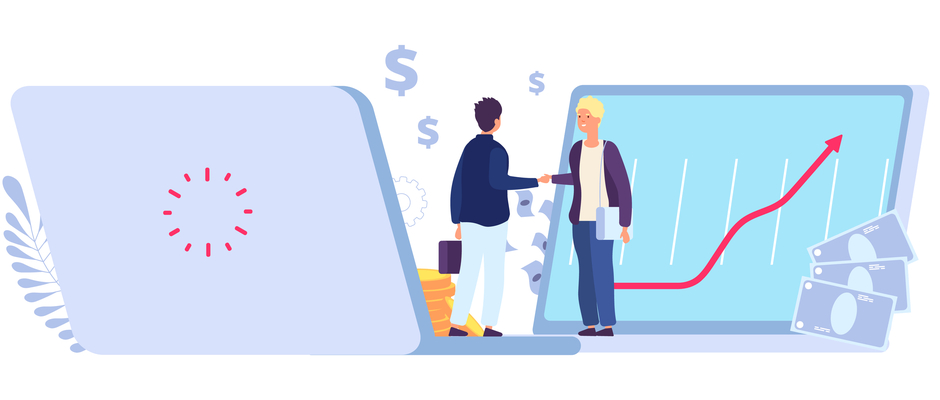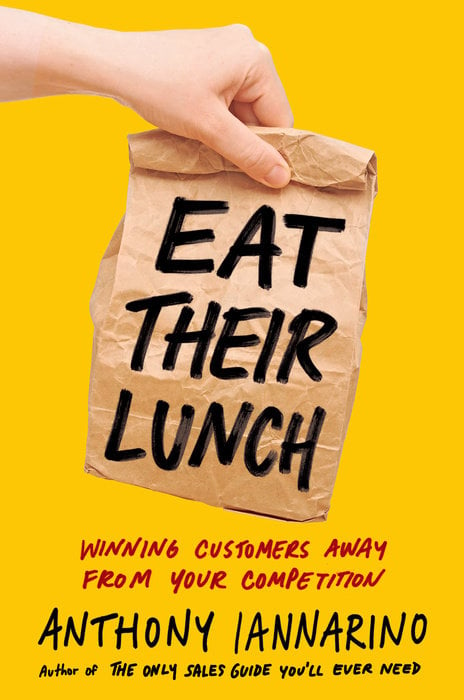The Gist:
- The type of recommendations you make indicates the value you create for your clients and your ability to differentiate and create a preference.
- Because most salespeople sell at the same level, the value at that level has been commoditized, making B2B sales a challenging endeavor.
- Successfully differentiating and creating a preference requires you to move up to a higher level.
Different levels of value are easily seen in the recommendations you provide your clients and prospects. The lower the level of your recommend strategies, the more you look and sound like a commodity—and the more certain you will be treated as one. The higher your level, though, the more you meaningfully differentiate yourself, increasing your ability to create and win new opportunities.

Recommending Your Product or Service
If the sum total of your recommendation is that your contact should buy what you sell, you might as well just toss a catalogue on their desk and point to the product they need. So if that’s all the value you offer, you’ll find B2B sales even more challenging than usual.
The internet has replaced nearly all catalogues, decimating the need for a salesperson for transactional sales. Not only can the client find out most of what they need to know, along with reviews and demo videos, but some sites feature enough insights about how to choose and use a product that nobody would miss a purely transactional salesperson.
Simply recommend strategies a product does not create any real or differentiated value, so if this sounds familiar, you need to level up your recommendations.
You need to make sales. You need help now. But you don’t have a sales manager who can give you the time and attention you need. Not to worry, this FREE eBook will help you Seize Your Sales Destiny.
Recommending Your Solution
At the solution level, you provide your clients and prospects with advice about how to solve the problem that has captured their attention because it is harming their results. Going from “what” to “how” requires more expertise and provides more value: instead of telling them to buy this product, your advice lets them design something that is going to help them eliminate their existing problem and produce better results.
In Eat Their Lunch, this is selling at the third level of value. This level is the floor when it comes to professional B2B sales. You have to sell at this level to be relevant at all, but it isn’t going to differentiate you from your many competitors—and if it doesn’t already make your clients treat you like a commodity, it soon will.
Win customers away from your competition. Check out Eat Their Lunch
A Short Diversion
A few years ago, I met a salesperson who had decided to quit selling because his clients treated him as if he and what he sold were nothing more than commodities. He believed himself to be an excellent salesperson, but concluded that because he was struggling to sell, the future would be one without salespeople. He figured that if the client knew as much as or more than he did, he was irrelevant.
While his conclusion wasn’t too far off, his mistake was believing that no other salesperson could create a higher level of value than he was capable of himself. The truth is that differentiation in B2B sales has moved up a level, one that requires new competencies and demands much more of the salesperson.

Your Strategic Advice
The advice that rises to the fourth level of value, strategic recommendations, creates greater value for your client—and in today’s B2B climate, it’s almost certain to differentiate you as a salesperson. When there is no difference between you and your competitors in the sales conversation, your client can’t distinguish one from the other and has nothing to prefer (the root problem for the hapless salesperson above, who quit the game because he believed he could no longer win).
To get to this level, eliminate the idea of just recommending that the client buy your product or giving advice on how to solve their problem. Both those tasks are still incredibly important, but not when it comes to your recommendation. A strategic recommendation presents a course of action that will improve your client’s business and their results. It invariably requires that you help them learn something about themselves, their business, and the decision you are helping them to make.
Much of the time, following your strategic recommendations advice means the client has to change something they do, requiring them to give up the assumptions that cause them to struggle to produce results. Your job in consultative sales is to provide advice around the decisions your clients make, not to recommend your product or solution. Your product and your solutions may be how you help them execute your advice.
Here is an exercise that might help: make a recommendation as to what your client needs to do to improve their result, without them having to buy your product or your solution, and without even saying your company’s name. If this advice would be right for your client even if they executed it with your competitor, you are on the right track.
Do Good Work:
- At what level are the recommendations you provide your clients?
- What advantage does your advice provide over your competitor’s advice and recommendations?
- What would you have to learn to be able to provide strategic advice?

Essential Reading!
Get my 3rd book: Eat Their Lunch
"The first ever playbook for B2B salespeople on how to win clients and customers who are already being serviced by your competition."
Buy Now







.jpg?width=768&height=994&name=salescall-planner-ebook-v3-1-cover%20(1).jpg)


